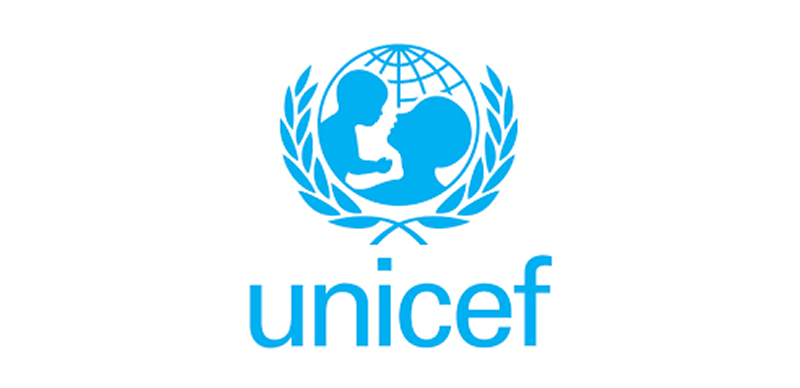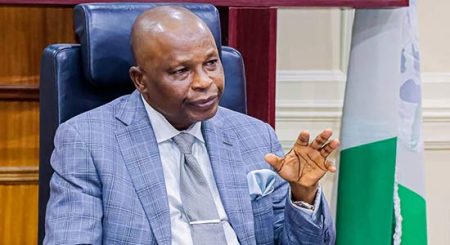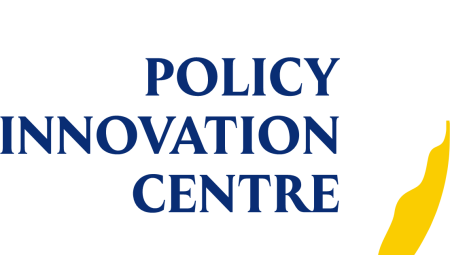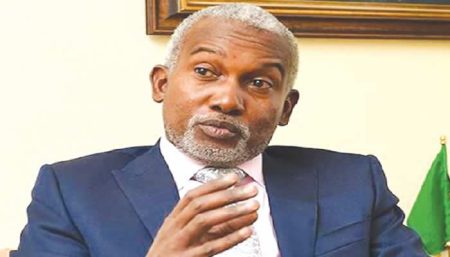The United Nations Children’s Fund (UNICEF) convened a crucial stakeholders meeting in Adamawa State, Nigeria, to address the pressing issue of out-of-school children, particularly girls, in the region. This initiative underscores the organization’s commitment to ensuring every child’s right to quality education in a safe and nurturing environment. The meeting served as a platform for collaboration and strategizing, bringing together traditional rulers, government officials, UNICEF representatives, and education specialists to tackle the multifaceted challenges contributing to the high number of out-of-school children. UNICEF’s data reveals a staggering figure of over 80 million school-age children out of school in Nigeria, highlighting the urgency and magnitude of the problem. The meeting aimed to harness the influence of traditional rulers within their communities to drive positive change and increase school enrollment, retention, and transition rates.
Recognizing the significant influence of traditional leaders within their communities, UNICEF emphasized their crucial role in promoting education and advocating for children’s rights. These leaders, often deeply respected and trusted figures, are uniquely positioned to bridge the gap between government policies and community practices. By engaging traditional rulers in this critical mission, UNICEF seeks to leverage their authority and close proximity to families to raise awareness about the importance of education and encourage parents to enroll their children in school. This strategic partnership aims to foster a collaborative approach, combining the expertise and resources of UNICEF with the cultural understanding and influence of traditional leaders to achieve a common goal: ensuring every child has the opportunity to receive a quality education.
The stakeholders meeting focused on several key objectives, including strengthening the role of traditional rulers in promoting education, enhancing awareness about the importance of schooling, and aligning the efforts of traditional institutions with state governments and donor agencies. Recognizing the multifaceted nature of the challenge, the meeting sought to create a unified front against the obstacles preventing children from accessing education. This involved fostering open communication and collaboration among various stakeholders, including traditional leaders, government officials, and international organizations. By bringing these key players together, the meeting aimed to forge a common understanding of the issues at hand and develop a cohesive strategy to tackle them effectively.
Dr. Nuzhat Rafique, the Chief Field Officer in Bauchi Field Office, emphasized the significance of the meeting in addressing the root causes of the problem. She highlighted the lack of awareness among some parents regarding the importance of education, underscoring the need for targeted interventions to change perceptions and promote the value of schooling. Dr. Rafique’s remarks emphasized the critical role of traditional rulers in reaching these families and disseminating essential information about the benefits of education. The meeting called for collaborative efforts to dispel misconceptions and empower parents with the knowledge and resources to make informed decisions about their children’s future.
The Commissioner of Education, Dr. Umar Pella, expressed the state government’s commitment to combating the issue of out-of-school children. He outlined plans to enact legislation compelling parents to enroll their children in school, demonstrating a proactive approach to addressing the problem. Dr. Pella attributed the poor embrace of educational values by some parents to the prevailing insecurity in the northern region. He stressed the importance of education in mitigating crime and reducing the appeal of insurgent groups, highlighting the long-term benefits of investing in education for both individual children and the wider community.
Mr. Raphael Aiyedipe, the UNICEF Education Specialist, elaborated on the objectives of the stakeholders’ meeting. He stressed the importance of aligning the efforts of traditional institutions with government policies and donor agencies to create a synergistic approach. This collaborative strategy aims to maximize the impact of interventions by ensuring that all stakeholders are working towards a common goal. Aiyedipe emphasized the meeting’s role in fostering collaboration and creating a unified front against the challenges hindering children’s access to education.
The Lamido of Adamawa, Dr. Barkindo Mustapha, who serves as the chairman of Adamawa State Council of Chiefs and Emirs, expressed his unwavering support for the initiative and pledged the commitment of his fellow traditional rulers to championing education within their communities. His assurance of support symbolizes the vital partnership between traditional leaders and organizations like UNICEF in tackling complex social issues. The Lamido’s commitment underscored the significance of local ownership and leadership in driving sustainable change and ensuring that education remains a priority for all children. His endorsement of the initiative reinforced the message that education is not just a right but a shared responsibility that requires the collective efforts of all stakeholders.
The stakeholders’ meeting served as a vital platform for dialogue, collaboration, and strategizing to address the critical issue of out-of-school children in Adamawa State and the broader North East subregion. By bringing together key players, including traditional rulers, government officials, and international organizations, the meeting fostered a unified approach to tackling the complex challenges hindering children’s access to education. The commitment expressed by traditional leaders, coupled with the state government’s proactive measures and UNICEF’s ongoing support, provides a strong foundation for achieving lasting change and ensuring that every child has the opportunity to receive a quality education. The meeting marked a significant step forward in the collective effort to address this pressing issue and create a brighter future for the children of Adamawa State.














